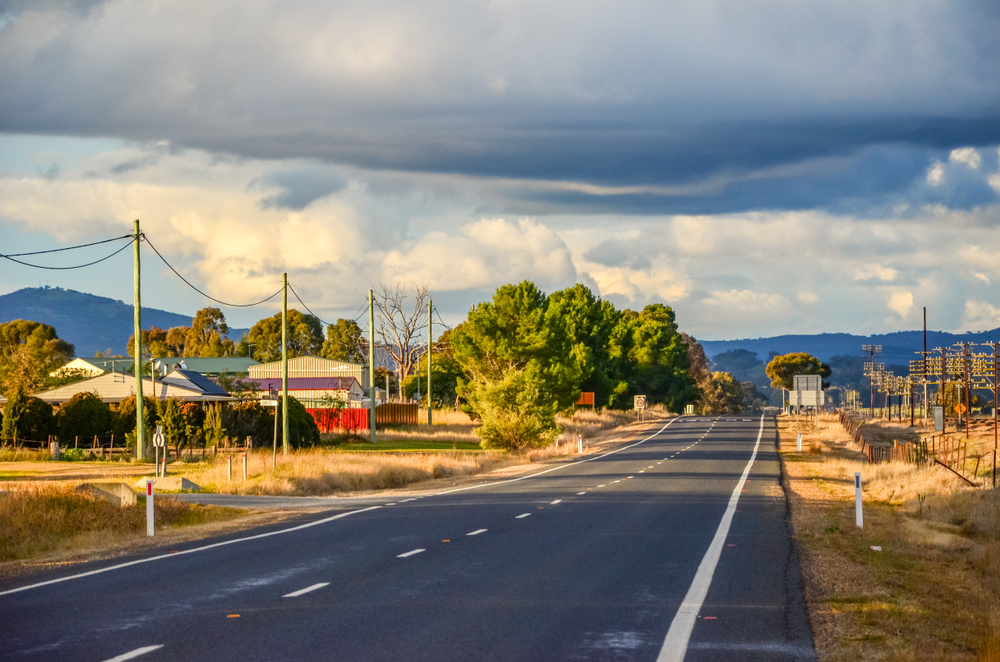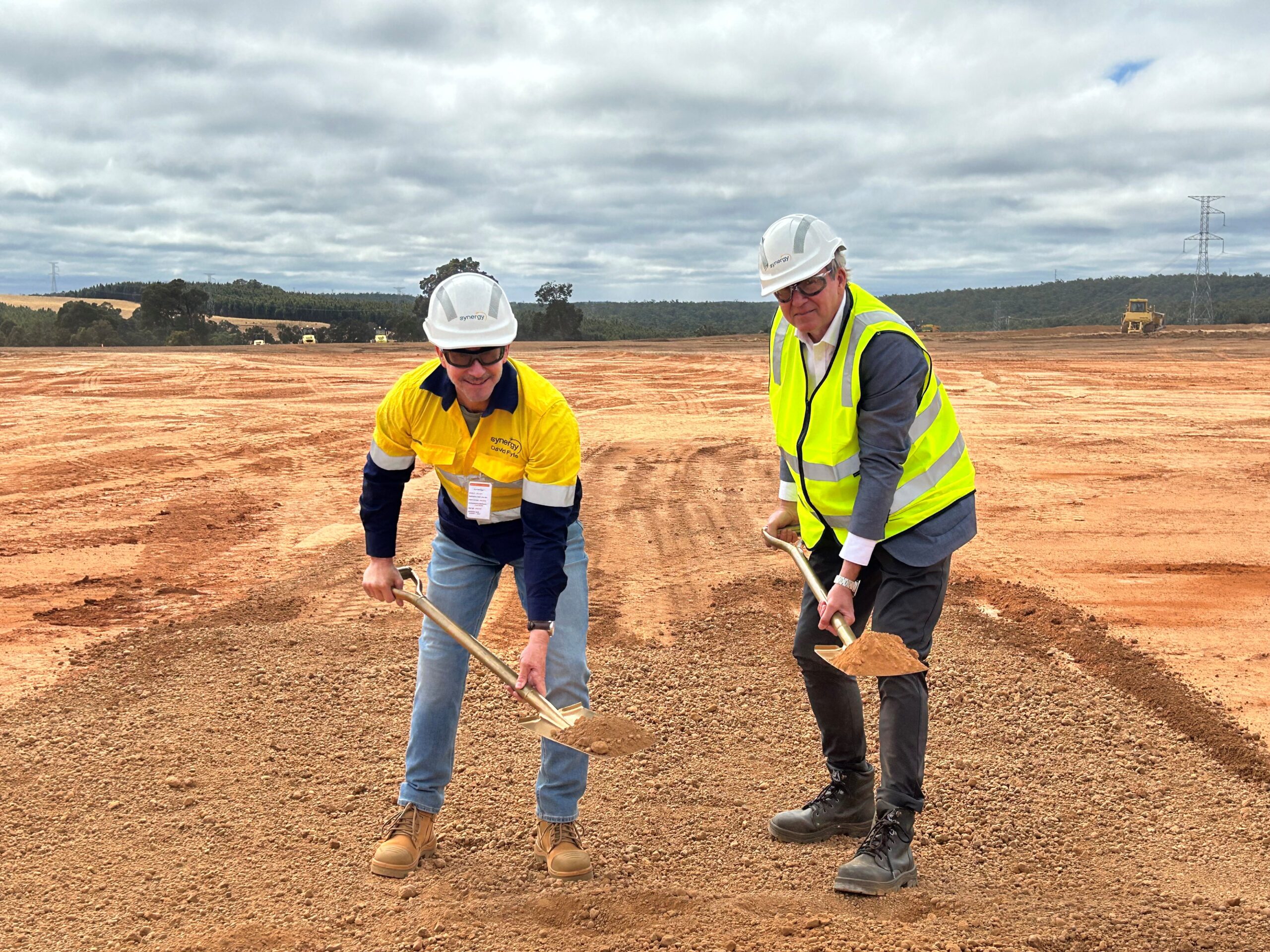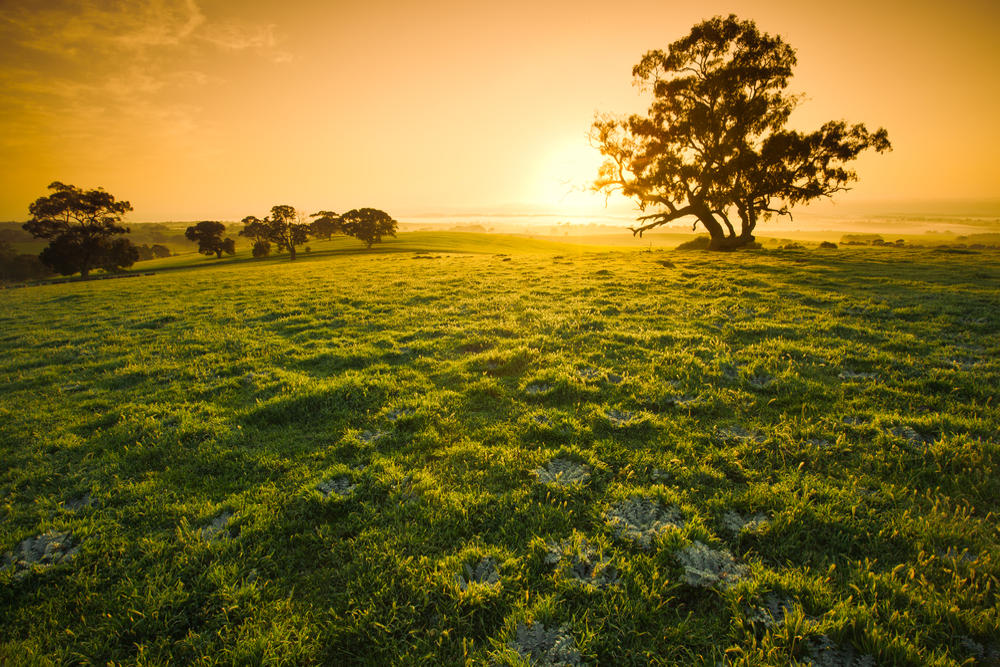
Climate-change driven extreme weather events, including devastating Australian bushfires, have created the urgent need for a new approach to planning and building in high fire risk areas and a shift to climate-resilient towns and cities.
Published in Nature Urban Sustainability, research co-author John Curtin Distinguished Professor Peter Newman from the Curtin University Sustainability Policy Institute said climate change has increased the threat of bushfires and other climate change issues driving an urgent need to revise the location and design of settlements.
“Bushfires have become more frequent and more intense as climate change has created unprecedented conditions around the world, such as Australia recording both its hottest and driest year on record in 2019,” Professor Newman said.
“Urban fringes where homes are scattered among bushland are the parts of our cities which are most vulnerable to bushfires and there is a need to take another look at these lifestyle zonings to help protect these high-risk communities.”
“A model based on new green technology infrastructure, new building materials and new ways of living together rather than in isolated bushland hideaways also needs to be introduced for settlements in rural and coastal areas,” he noted.
Professor Newman said last summer’s fires had prompted the development of Indigenous fire techniques or ‘cool burn’ approaches, which would help protect urban bushland areas along with Australian forests and rangelands but much more needed to be done.
“With the eyes of the world on Australia as a result of devastating bushfires both in the Eastern States and more recently on the outskirts of Perth, it is sadly apparent how lacking the country is in its efforts to address climate change,” Professor Newman said.
“A commitment by state and federal governments to net-zero emissions targets would signal to industry and communities that there is a diminishing future for fossil fuels and encourage investment in a renewable future.”
“This will require strong leadership, collaboration, innovation and a willingness to invest in the development of communities more attuned to changing climate-driven needs,” he said.
The study, Apocalypse now: Australian Bushfires and the Future of Urban Settlements, is available online here.












